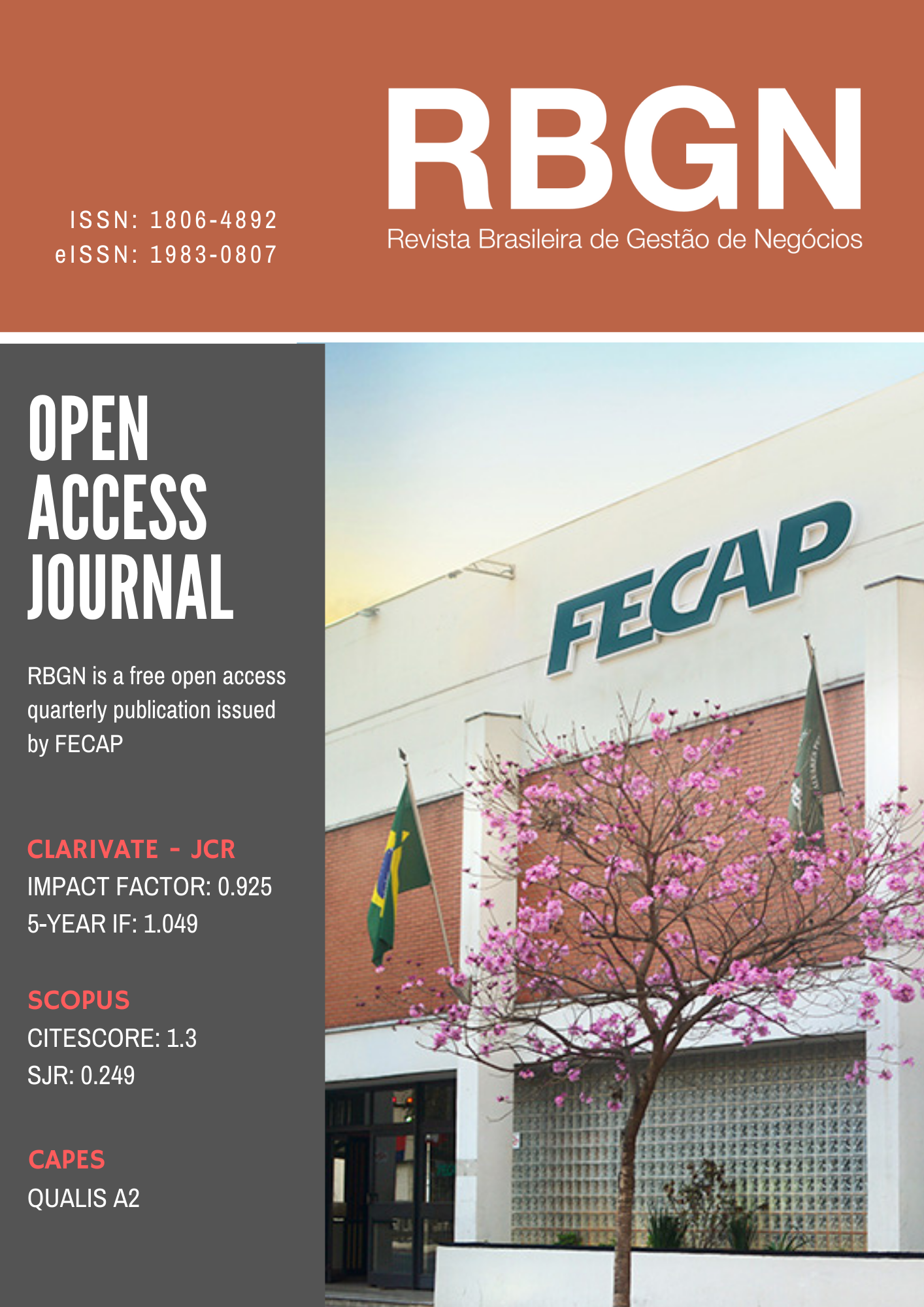Abstract
Purpose – The objective of this study is to test the psychometric properties of a self-reported measure of innovative behavior in the workplace, the Innovative Work Behavior (IWB) questionnaire, in Portuguese.
Design/methodology/approach – Two studies were carried out (one longitudinal and the other cross-sectional), based on the application of the questionnaire at two moments with an interval of 6 months in between (study I and study II). A longitudinal study was chosen, that is, the data were collected at two different moments, to reduce the most common biases. The Statistical Package for the Social Sciences (SPSS, ver. 26.0) and Analysis of Moment Structures (SPSS AMOS, ver. 22.0) were used.
Findings – The results of the two studies converge to a robust factor solution with one factor. The overall fit indices recorded for the model are quite robust, proving their quality in adjusting to the empirical data (2/ degrees of freedom = 32.8; CFI = 0.966 GFI = 0.970).
Originality/value – The IWB questionnaire is a fast, useful, and efficient measure to gauge innovative potential in the workforce, so its practical advantages are relevant and important. On a practical level, it is important to emphasize that evaluating the innovative behavior of employees can give important clues about the capacity of the organization/employer to foster innovation.
If a paper is approved for publication, its copyright has to be transferred by the author(s) to the Review of Business Management – RBGN.
Accordingly, authors are REQUIRED to send RBGN a duly completed and signed Copyright Transfer Form. Please refer to the following template: [Copyright Transfer]
The conditions set out by the Copyright Transfer Form state that the Review of Business Management – RBGN owns, free of charge and permanently, the copyright of the papers it publishes. Although the authors are required to sign the Copyright Transfer Form, RBGN allows authors to hold and use their own copyright without restrictions.
The texts published by RBGN are the sole responsibility of their authors.
The review has adopted the CC-BY Creative Commons Attribution 4.0 allowing redistribution and reuse of papers on condition that the authorship is properly credited.


